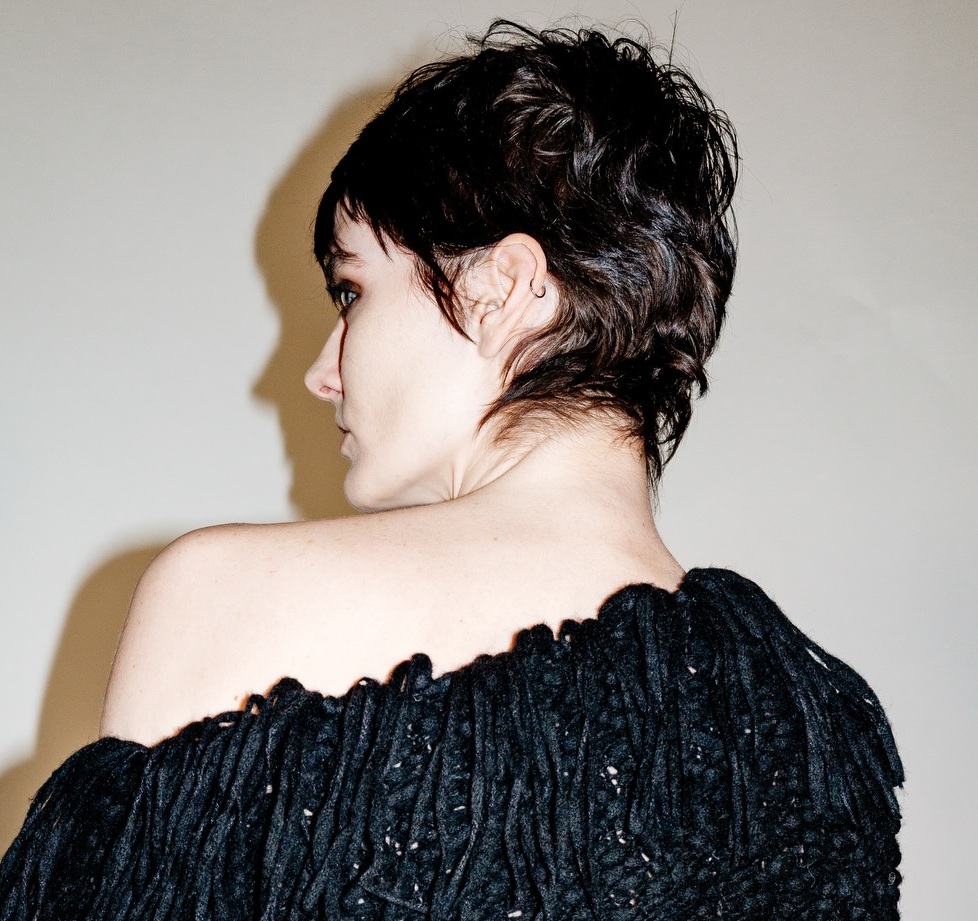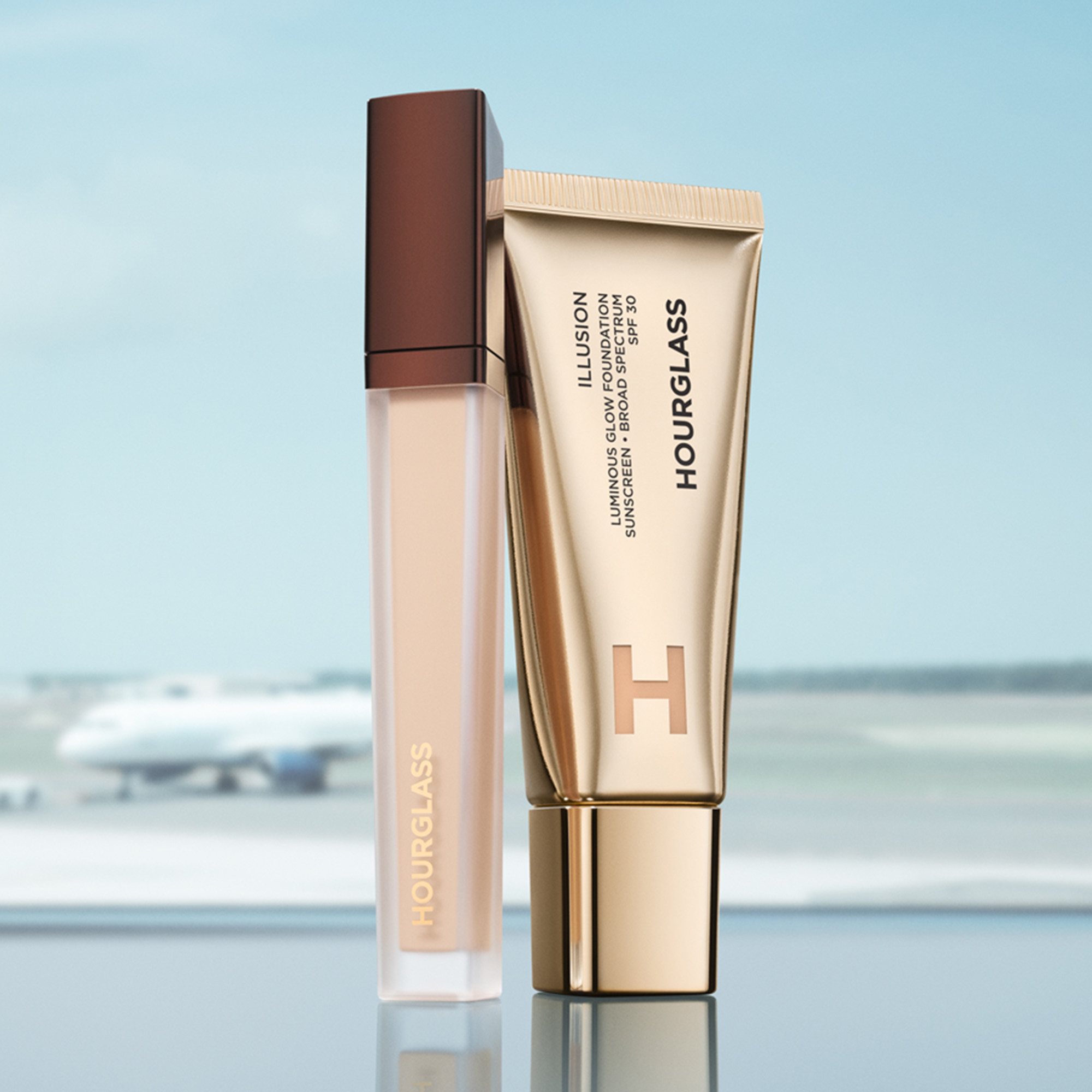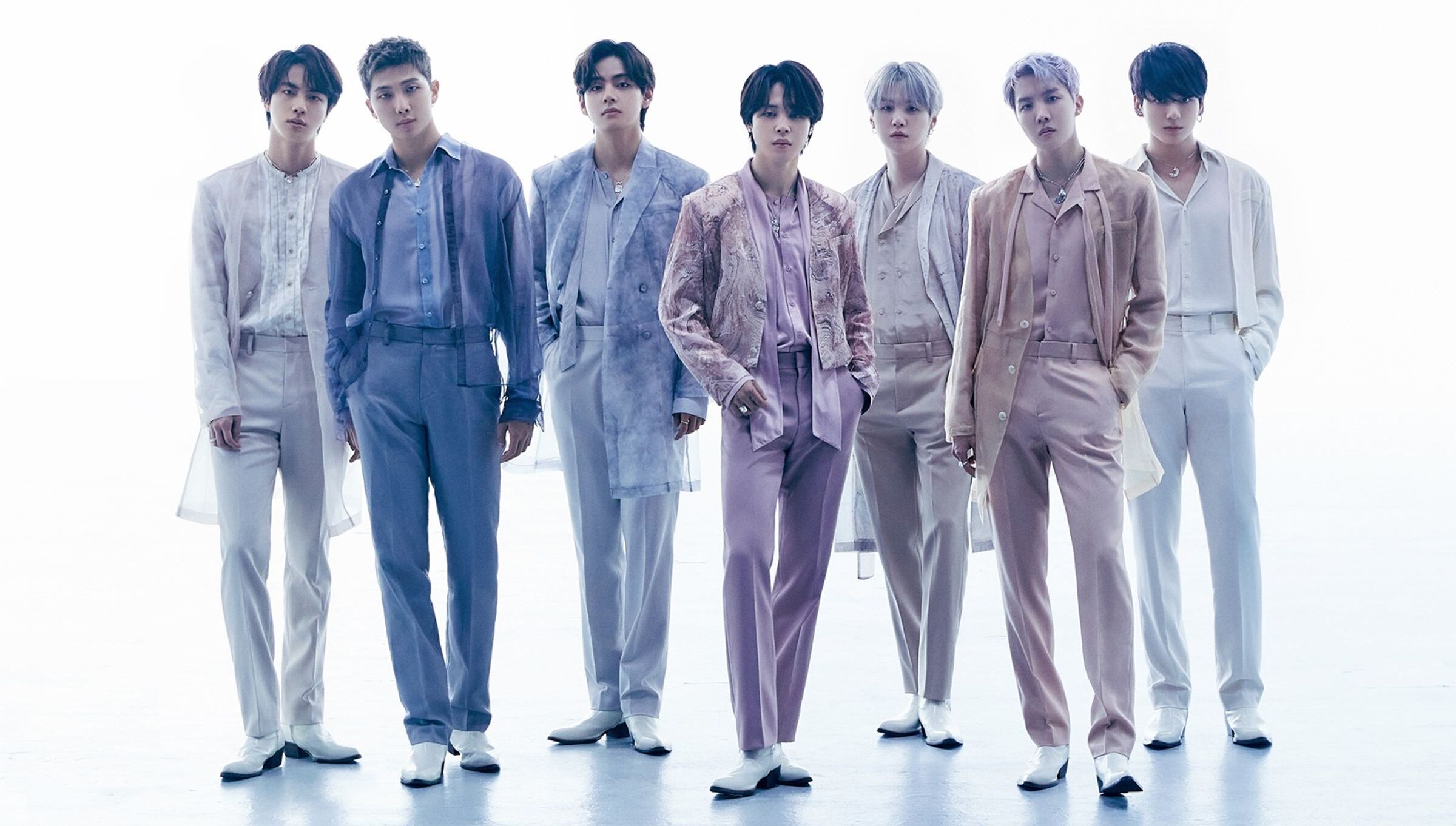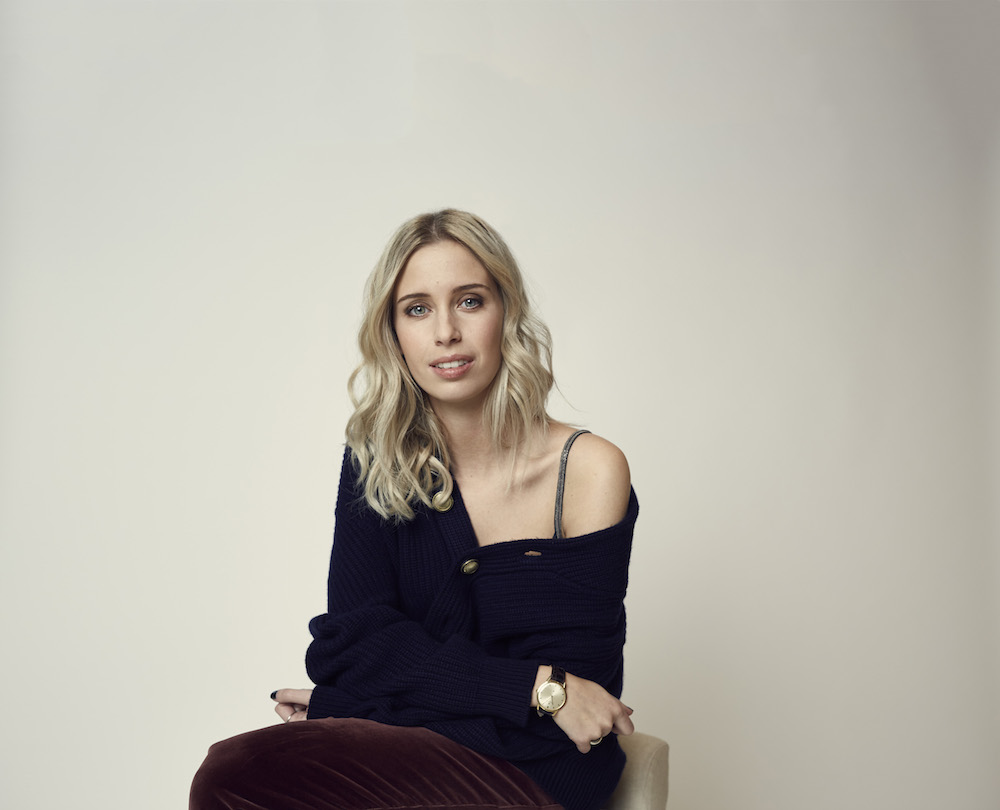
When Carolina Cucinelli meets you, the first thing she’ll do is ask you something about yourself. Then, she’ll extemporaneously – but gently – try to transport you to Solomeo, a hilltop village of around 500 people in the midst of the Umbrian countryside in central Italy.
There, her father, Brunello, and her mother, Federica, have built a cashmere empire that has extended its influence far beyond its geographical borders.
I first encounter Cucinelli for the inauguration of a new boutique in Hong Kong, where she’s representing the company on behalf of her father. She’s clad in a total look from the Brunello Cucinelli brand: a white shirt with a ribbon to highlight her waist and a pair of oversized silky trousers. No cashmere, sure, but two contemporary pieces that are equally representative of the brand’s elegant daily attire.
At the age of 26, she’s the web image director of the brand and has coordinated the design of the e-commerce platform, which debuted last January. “Our goal is to recreate the same ambience of our boutiques – to tear down the imaginary wall,” she explains. “We want to give our customers a piece of Solomeo through the screen.”
Cucinelli and her team are trying to stand out by running two different websites. Thus, you’re only redirected to the e-shop if you actually want to buy or browse the collections. Alternatively, you can immerse yourself in an intense digital depiction of Solomeo and the multifaceted Brunello Cucinelli universe.
“I think that it’s important to do this, because the internet is our window to the world,” she explains. “If people can’t afford or don’t want to buy our products they should still be able to read about us and fall in love with our philosophy and mission.”
Mission, a word she uses a lot and a recurring theme in the company’s “manifesto”, couldn’t be more appropriate. Throughout the years, her father has expanded the brand around a pervasive philosophy that gained him an international reputation as a “humanist entrepreneur”. Little did he know that the small company he established back in 1978 in a medieval castle, far from Italy’s industrial centres, would become emblematic of a form of contemporary humanism that penetrated every aspect of the family’s activities.
Cucinelli herself is a product of that. She projects a sense of genuineness and effortless finesse while she guides me through the projects that made Brunello Cucinelli not just a fashion brand, but the promoter of a cultural and aesthetic renaissance that’s epitomised by the Brunello and Federica Cucinelli Foundation. “We base everything on beauty – structuring every project on ancient Greek canons, even on classic theatre – to create something that has to last for the next 500 years and not just five,” she explains.
In Solomeo, these enduring aspirations culminated in “the project for beauty,” a massive redevelopment scheme of the valley surrounding the tiny hamlet. Much like a benevolent ruler, by tearing down the warehouses that symbolised Italy’s chaotic post-war industrial boom, the foundation reinvented the space according to a precise vision. The new corporate headquarters are now surrounded by an agricultural park, wheat fields, a vineyard and orchards – all accessible to the public. “We don’t just take care of what we do today, but we work hard to leave the place we found more beautiful for the future generations,” says Cucinelli.
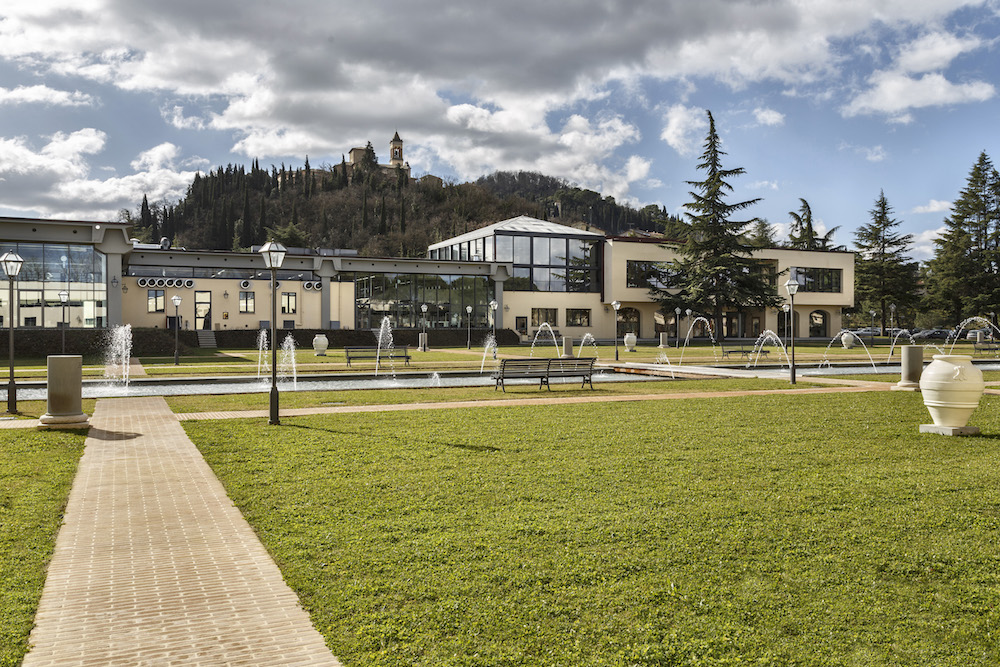
Like her father, she champions the longevity that stems from their love for the classics – and that philosophy also applies to the high-end artisanal pieces of their fashion line. “Our pieces are not seasonal; they have to always be relevant,” she explains. “They have to be because of the high craftsmanship of the material and because people invest so much – they must last for as long as 20 years.”
But as we continue talking about the unique, almost religious, attention to quality and detail that characterises the company, I ask her how they plan to stay relevant and appeal to millennials in an ecosystem that seems to revolve around constant reinvention.
“We are relevant and we will be,” proclaims Cucinelli, beaming with pride. “We basically don’t have competitors because we are almost the only brand that uses such prestigious raw materials to create versatile, daily outfits. The same piece can be worn for a business lunch, a cocktail and at dinner – without ever feeling out of place.”
The brand’s strategy to connect with younger generations worldwide is also closely tied to their projects to support local youth. “We created schools with five different courses to preserve the traditional activities of the Umbrian territory – like mending, hand-linking and masonry – so that people in their 20s feel motivated to do these jobs and keep the passion alive,” says Cucinelli. Essentially, this has always been the brand’s raison d’etrê: “to show passion and identity.”
That same passion resonates in Cucinelli’s every word when she talks cashmere and her father. During her childhood in Solomeo, where she still lives with her partner, she grew up among balls of Mongolian yarn. Her knowledge of the precious raw material also comes from the fact that her father was a pioneer in the industry, as the first to colour it. He tried and succeeded, though “everyone though that he was crazy to touch it.
My father really champions innovation – the geniuses that had the courage to take risks,” she says.
“Like Leonardo da Vinci?” I ask. “Yes, he was the most innovative and inspiring, and one of my dad’s greatest teachers, like Dante and Dostoyevsky,” she promptly replies, showing me one of their latest campaigns, which features a Da Vinci quote: “La natura è piena di infinite ragioni” – or “Nature is full of infinite causes.”
I meet Cucinelli again during a media luncheon; we extensively talk about Tuscan bread, extra-virgin olive oil and pasta, which she invites me to try at the company’s restaurant in Solomeo. As I’m about to leave the hotel, she warmly renews her invitation to Umbria – “to explore our land, our company and, more importantly, something real and unique.” The zeal in her words and the pride that she shows for what her family has accomplished are rooted in an almost infectious belief that authenticity will always triumph over pretence.
This feature originally appeared in the February 2018 print issue of #legend




